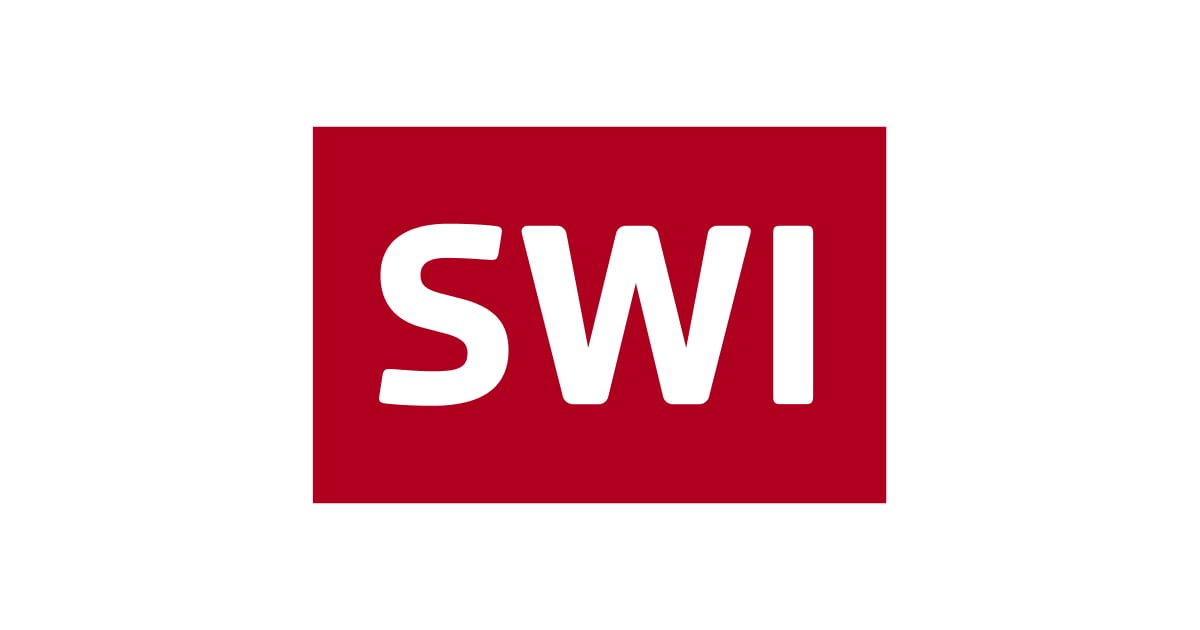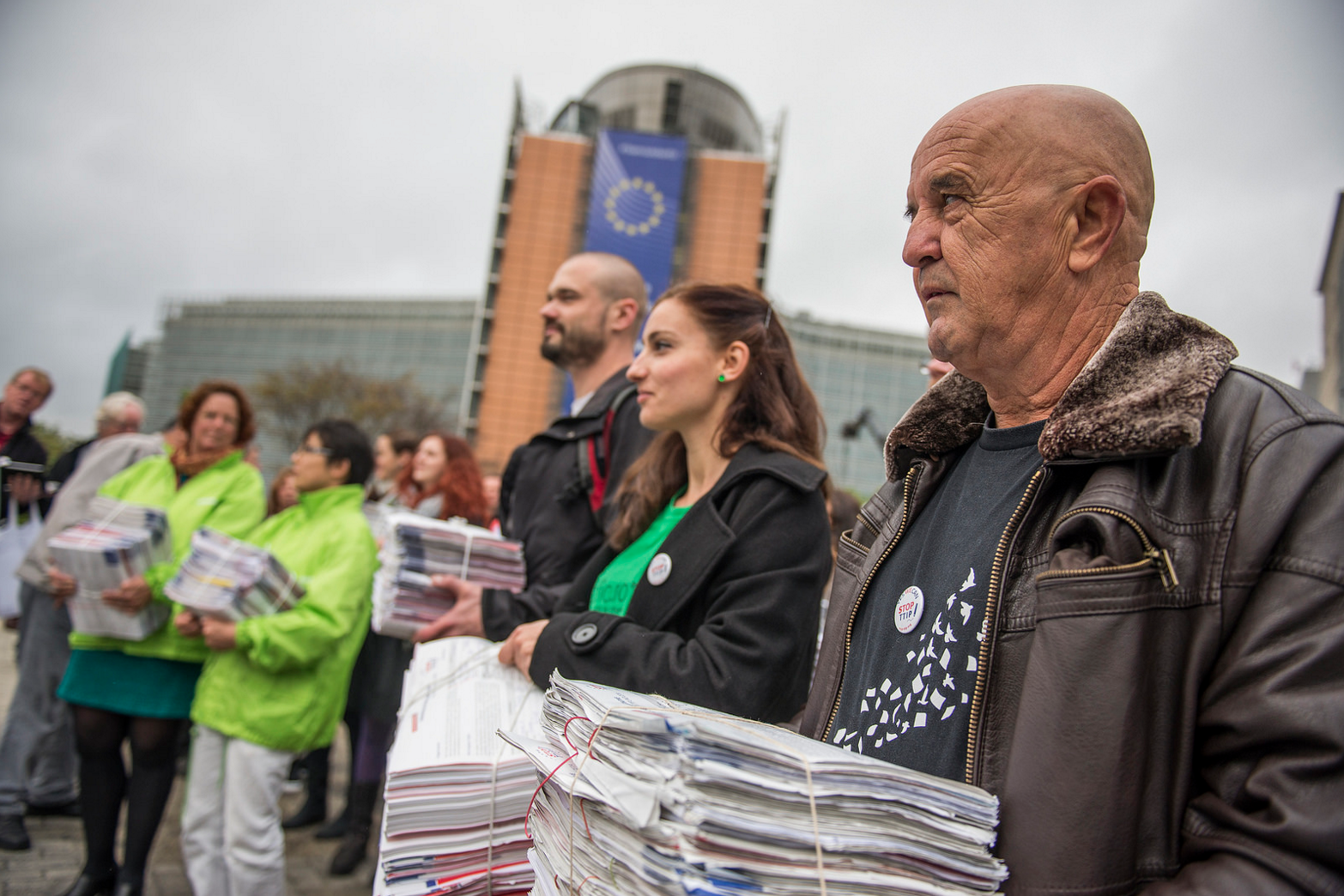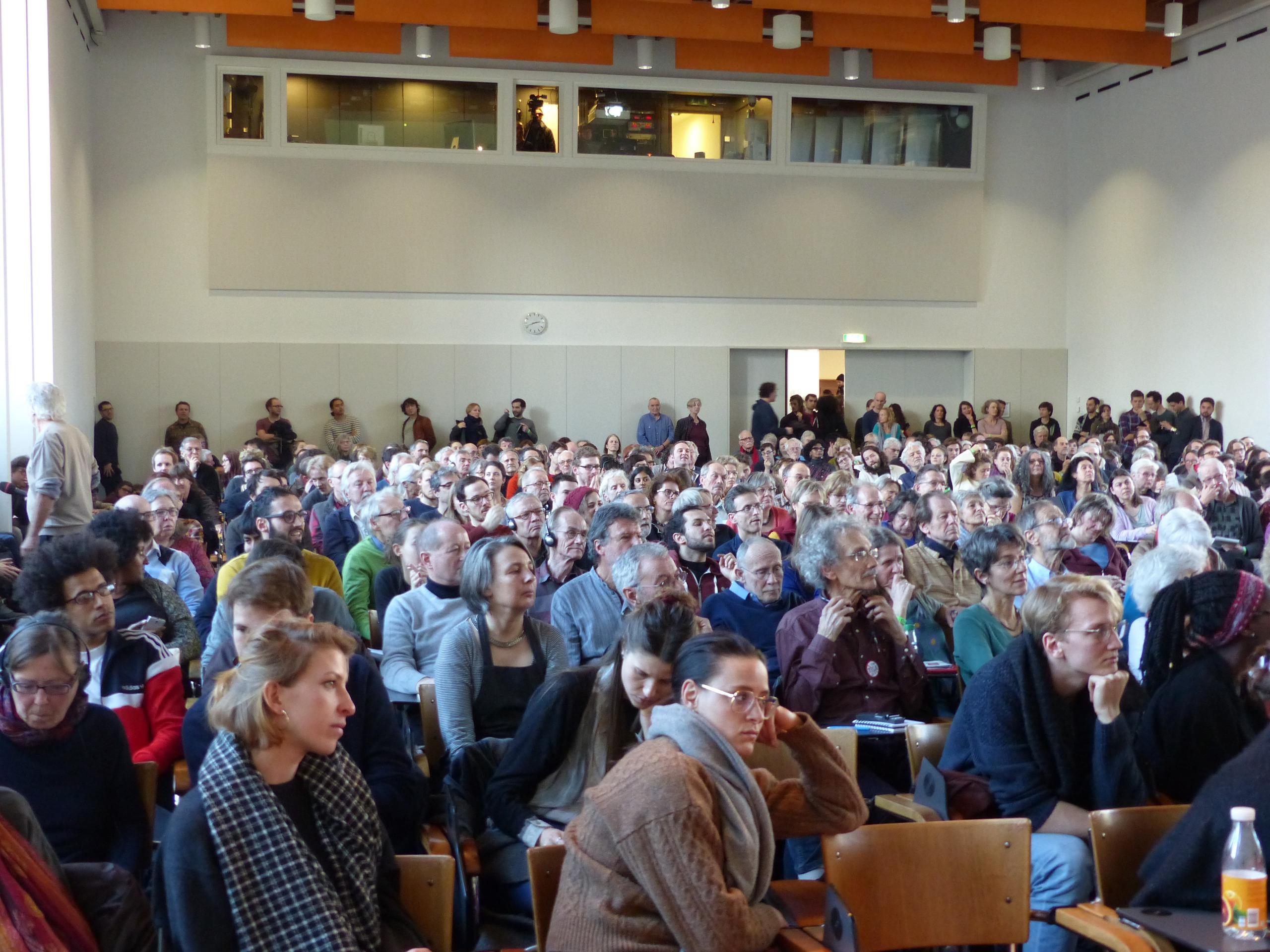Europe gives direct democracy a second chance

It a rare piece of positive international news for more democracy, the European Commission has announced it will revise the regulation of the European Citizens’ Initiative (ECI).
What at first glance seems an overdue acknowledgement by the executive branch of the European Union could become a true window of opportunity.
The unexpected announcement was made by the European Union’s First Vice-President Frans Timmermans just before the Easter holiday. The scene was the annual European Citizens’ Initiative Day External linkhosted by the European Economic and Social CommitteeExternal link, one of the advisory EU institutions.
After being absent at last year’s ECI Day, Timmermans used his time during the opening panel to plea with great enthusiasm for the often criticised Union: “We are a force for liberty, openness and cooperation.”
This text is part of #DearDemocracy, a platform on direct democracy issues, by swissinfo.ch.
The former Dutch foreign minister continued with rather critical analysis of the state of democracy: “We are living in a post-paternalistic era but are stuck with a paternalistic system of government”.
This led the 56-year old to address the need for greater citizen participation in modern politics: “Citizens need to get a chance to engage more directly.”
Surprise
Timmermans’ statement came as a big surprise for most ECI Day participants – a crowd of about 200 experts and supporters of the tool. Indeed, it paves the way for probably the biggest participatory reform by a leading EU commissioner since the former Vice-President Margot Wallström at least ten years agoExternal link.
“We will next week publish a roadmap for the revision of the ECI regulation,” Timmermans stressed cautiously. He made clear he was hoping the revised law will be adopted by the time the next European parliament (and a new commission) are elected in spring 2019.
It felt somewhat like a revenge by the Dutch Social Democrat, as he and the commission led by Jean-Claude Juncker has been criticised harshly in recent years for failing to address adequately the democratic opportunities offered by the ECI.

Some critics even accused Timmermans of betraying his long-term convictions as a European democrat, a reputation he initially got as a very active member of the European Constitutional Convention in 2002/03External link. During that time, Timmermans championed ideas like the European Citizens’ InitiativeExternal link.
Now the pictures becomes clear. The First Vice-President needed more time to convince many of the 28-strong EU executive.
Report before reform
According to the current ECI lawExternal link, a review needs to be considered within three years after coming into force, which happened on April 1, 2012 in this case.
However, the commission refused to take on such a revision. Instead, Timmermans as commissioner in charge produced first a reportExternal link which explained that a revision was not on the table for the time being.
It also mentioned technical and practical issues, which did not require a law revision at all.
Such improvements included the ECI management by the commission itself, notably more flexibility when it comes to registering legally a proposed initiative project.
This has already had an impact: Since 2012, one in three initiatives was thrown out, but only one initiative, dealing with free trade (TTIP), was struck down over the past two years.
Many other smaller and bigger amendments were added, including more and better official assistance for the organisers. Further improvements were made in communicating with all interested parties around the whole process of the ECI.
This first transnational tool of direct and digital democracy was introduced as part of the latest Treaty Reform (Lisbon Treaty Art. 11.4), introducing an inspiring direct democratic umbrella for the 500-million-inhabitant+ EU.
However, many hurdles built into the current law have often prevented the ECI from developing its full potential for democracy at the European level.
For example, there are very different requirements for statements of support to be validated in the 28 EU member states. It means, that certain EU citizens have much more problems than others to express their preferences.
Also, over-protective liability legislation in some member states prevents many EU citizens from approving a ECI. They risk being held liable if the personal information of signatures, collected on ECI statements of support, are incorrectly used.
Change of direction
It had been unclear whether such issues would be addressed – at least before the ECI Day 2017 on April 17. But Timmermans and the EU indicated a change of directionExternal link, and admitted the need of a much more supportive infrastructure for EU citizens seeking to use the ECI or participate in other ways.
One sign of a more open approach was the launch of the first electronic version of the “European Passport to Active Citizenship.”External link*
Another was the call for a consultation on a new supportive platform for ECIsExternal link, that would be managed by the EU Commission in collaboration with the EU Parliament.
The announcement of the ECI revision together with accompanying measures is much more than overdue acknowledgement of direct democracy by the executive branch of the European Union.
It is also a sign that some important lessons have been learnt recently, as countries on both sides of the EU borders (including Turkey, Hungary, Britain and the United States) have demonstrated how democracy can retreat from within.
By granting democracy a second chance – in the form of a genuine ECI reform – Europe gets a true window of opportunity, for more and better democracy.
* For disclosure: the new electronic “European Passport to Active Citizenship” has been developed with the help of the author of this article – and is available in 23 languagesExternal link.

In compliance with the JTI standards
More: SWI swissinfo.ch certified by the Journalism Trust Initiative













You can find an overview of ongoing debates with our journalists here . Please join us!
If you want to start a conversation about a topic raised in this article or want to report factual errors, email us at english@swissinfo.ch.